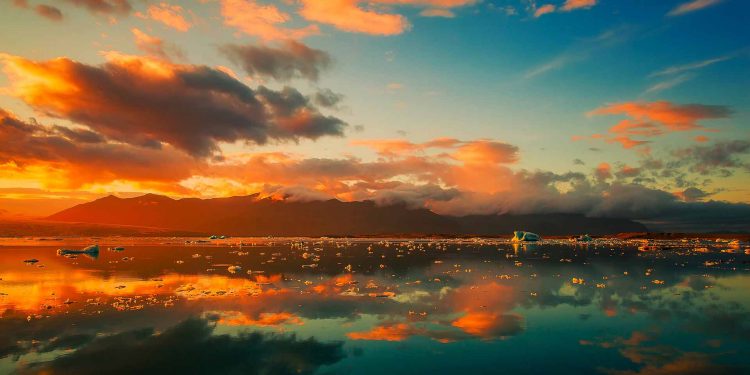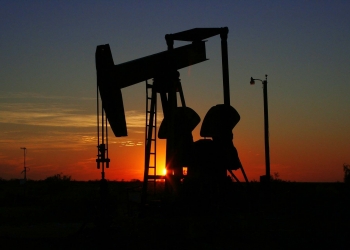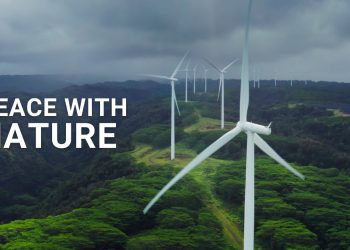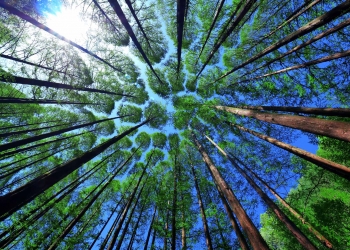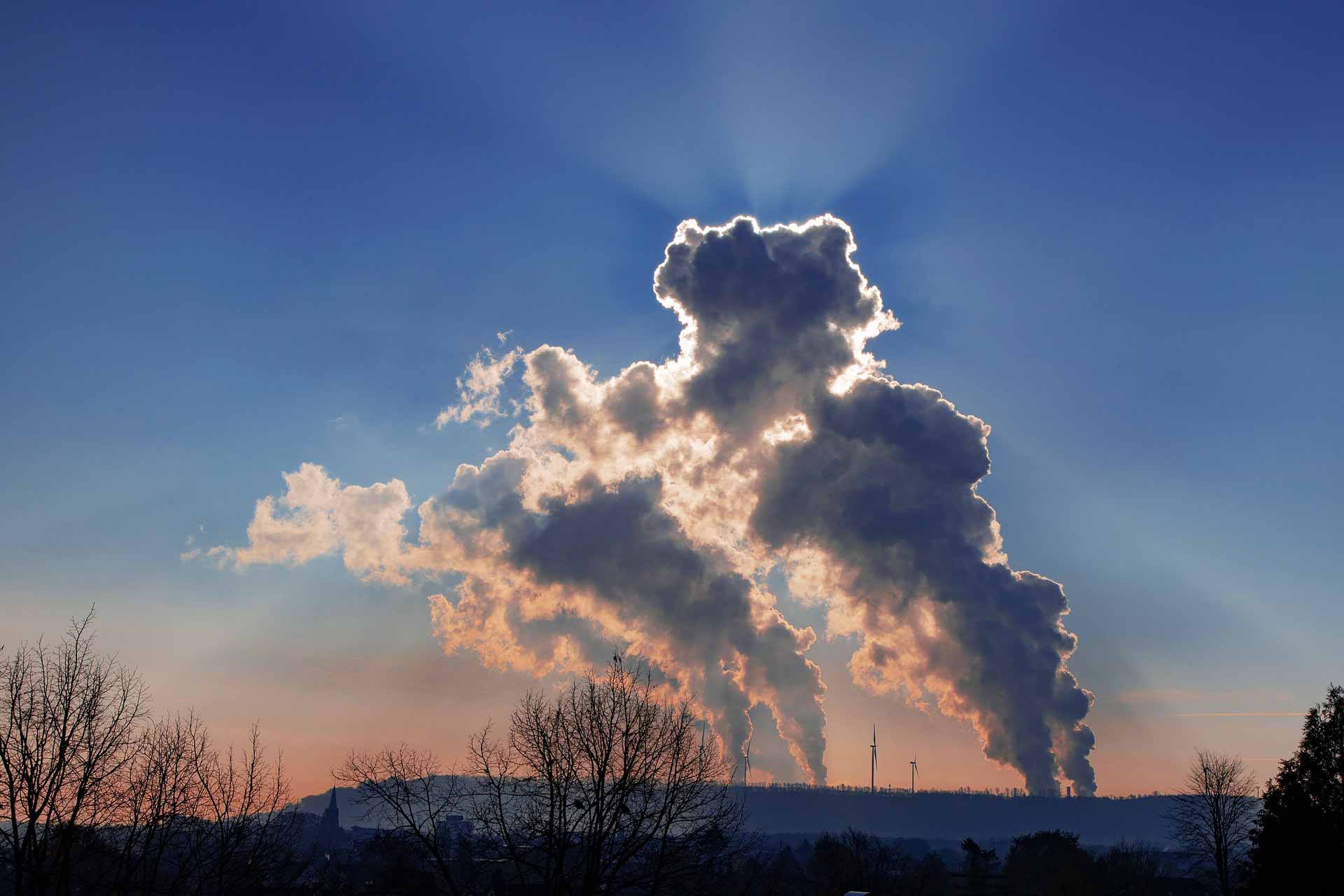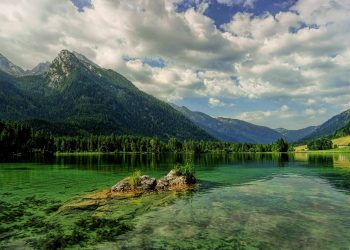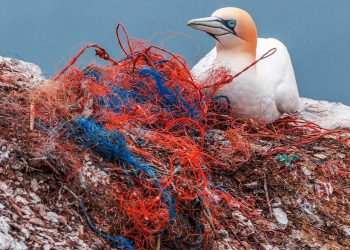New study shows how climate change is driving the Arctic tern one of the world’s smallest seabirds to forage further for food. A sure sign of spring in northern Europe is the arrival of the Arctic tern bird, but ahead of the UN’s World Migratory Bird Day experts fear the warming of the oceans in its nesting grounds in the northern Atlantic is threatening its very existence.
A globe-trotting adventurer
The Arctic tern is a great traveller, and spends most of the year on the move, with long periods over the ocean. Its breeding grounds cover both the northern and southern polar regions. In Europe, during the summer months, it can be found from Brittany in the south, to Iceland, Greenland, and Svalbard in the north.
It is critical to understand how seabirds such as the Arctic Terns are affected by environmental change, both short and long term.
Dr Chris Redfern, Newcastle University
Come autumn, the terns head south in the direction of Antarctica where they stay during the northern winter. However, they don’t fly directly from north to south, and an individual bird has been known to have covered almost 100,000 kilometres, or twice the circumference of the planet.
World risks ‘collapse of everything’ without strong climate action
The Arctic tern is sensitive to climate change
Analysing the data from 47 migrations over two study years, 2015 and 2017, the team found:
- Arctic Terns live on the Antarctic ice for one third of their annual lifecycle.
- Analysis of their feathers shows their main food source is krill or similar crustaceans.
- There were marked differences in the bird’s behaviour and distribution between those tagged in 2015 compared with those tagged in 2017. This coincided with a substantial change in ice conditions, with high ice cover in 2015 followed by unusually warm conditions which led to the break-up of the ice in late 2016 and lower ice cover than normal throughout the following year.
Dr Chris Redfern, of Newcastle University, who has led the study explained:
“Sea ice is an important habitat for juvenile krill as it provides protection from predators and from the intense light of the Antarctic summer.
“We now know that krill are the main food source for the Terns so it seems likely the warmer weather during 2016/2017 led to reduced krill abundance and so the birds were forced to forage in different areas.
“And in fact, in that second year, the birds converged on the Shackleton Ice Shelf rather than being spread out along the East Antarctica coastline.
“Polar regions are particularly sensitive to climate change and even small shifts can have major implications throughout the entire food web.
“This is why it is critical to understand how seabirds such as the Arctic Terns are affected by environmental change, both short and long term.”
A big adventure for the Arctic tern
“When terns reach Antarctica, they stay close to the ice-brim, and move gradually eastward”, says Guðmundur A. Guðmundsson, animal ecologist at the Institute of Natural History in Iceland. “Swedish and Dutch birds go all the way towards Australia, but the Icelandic and Greenland birds return earlier to the Weddell Sea in the Southern Arctic. From there they set off north in March and up to one and a half months later they reach their destination in our country”.
In the case of Iceland, the terns announce spring in the latter part of April, when they arrive to nest. When the chicks are ready to fledge in August they fly to the south, but not in a straight line, rather in an S-shape trajectory. One of their well-known stop-overs is Cape Town in South Africa in November. En route to their nesting grounds in Iceland and Greenland they are known to have stop-overs in Brazil and cross the Andes mountain range. “It is a big adventure,“ says Mr. Guðmundsson.
A front row seat at planetary crises
However, he is concerned by the decline in Iceland’s tern population – which currently stands at some 250,000 nesting couples – over the last few decades, with climate change the probable culprit. Because of the warming ocean, algae are blooming earlier in the year, too early for young sand eels to feed. This means that stocks of sand eel, an important food source for migratory sea birds, have collapsed in the seas around Iceland.
Although the tern is not at risk of extinction in the short term, enough concern has been raised for the bird to be added to the be added to the International Union for Conservation of Nature’s (IUCN) Red List of threatened species. Inger Andersen the Executive Director of the UN Environment Programme (UNEP), says that migratory birds have “a front row seat to the triple planetary crisis of climate change, biodiversity loss and pollution.”
“Climate change is changing and disturbing the migratory patterns of birds,” adds Ms. Andersen. “The destruction of the natural world threatens these pollinators, critical for food security and well-being. And pollution, whether in waterbodies, land or air, is proving toxic for migratory birds”.

